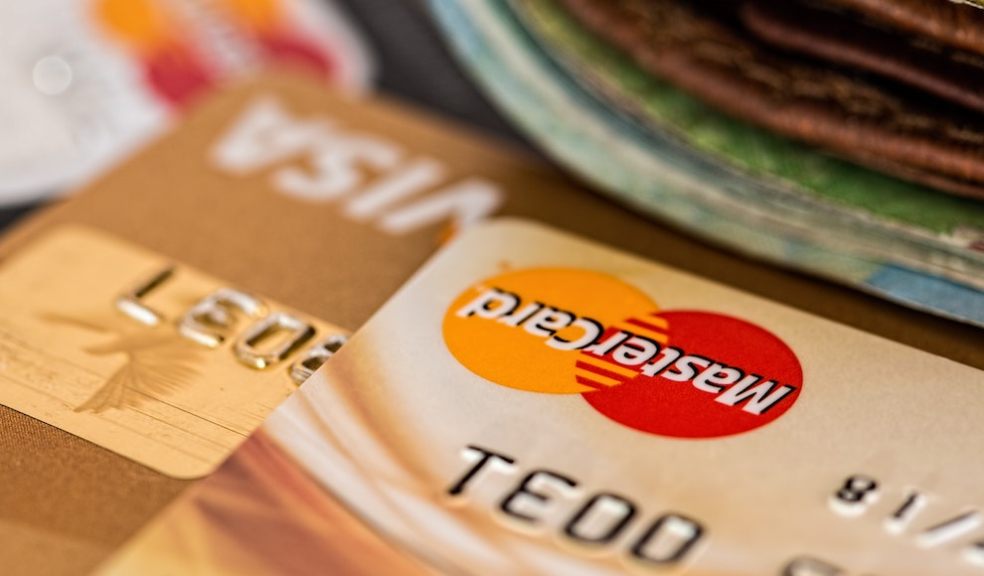
Harcus Parker's class action against Mastercard and Visa: A unique claim
Harcus Parker has launched a unique class action against financial giants Mastercard and Visa. Our claim relates to Multilateral Interchange Fees (MIFs) for all business cards and inter-regional consumer card transactions, covering all UK businesses and some non-UK businesses.
What makes this claim different?
Unlike other individual claims in the courts which are primarily aimed at UK MIFs, our claim is specifically focused on MIFs where the courts have not yet given judgment. We are seeking to recover the fees imposed for the acceptance of domestic, EU and inter-regional transactions by corporate cards, as well as the inter-regional transaction fees for consumer cards.
Favourable track record
We are convinced of the strength of our case. Competition authorities and courts in the EU and the UK have determined that MIFs for the acceptance of consumer credit and debit cards are illegal. We argue that businesses were also illegally charged for accepting business and consumer cards used across borders (inter-regionally).
Strength in numbers: join the action for free
Signing up is easy: just register your details on our website. Depending on your average annual turnover before Covid, you will either be in the "opt-in" group or the "opt-out" group. Registration is fully funded by Bench Walk Advisers, a third-party litigation funding company, and the case is fully insured. No budget is required to participate.
Legal and competitive context
Mastercard and Visa, two of the main players in the card payments market, have entered into what we consider to be anti-competitive agreements with various banking institutions. These agreements concern interchange fees (MIFs), a key element in the economics of card payments.
It is important to understand that MIFs are not set by market mechanisms, such as competition between different suppliers or negotiation between the issuer and the cardholder. Instead, they are determined by the card networks themselves, i.e. Mastercard and Visa. This practice gives them a great deal of influence over the cost of each transaction and the overall fee structure in card payments.
These fees are then passed on to businesses, which have to pay them every time a customer uses a card to make a purchase. This can represent a significant proportion of costs for many businesses, particularly those that process a large number of card transactions.
We consider these fees to be anti-competitive and illegal. They are anti-competitive because they distort the market in favour of the major card networks and against other players, including businesses that accept card payments and consumers themselves. They are illegal because, in our view, they violate the competition rules established to protect market integrity and ensure a level playing field.
In this context, it is essential that the competent authorities examine these practices and take appropriate measures to remedy the problems. This could include applying sanctions, requiring changes to business practices, or even implementing new rules or regulations to prevent such behaviour in the future.
Previous decisions
The Supreme Courts of the EU and the UK have agreed with this position, as evidenced by the 40% reduction in fees imposed by the credit giants in exchange for a halt to the prosecution of inter-regional consumer card MIFs. In addition, the successful case against Mastercard initiated by Sainsbury's in 2021, where it was proven that the domestic MIF for consumer cards was illegal, strengthens our position.
Claim value
We estimate that businesses could recover billions of pounds. Excessive MIFs for each transaction can amount to as much as £1.8 for every
each £100 transaction, which is a significant overcharge to businesses. Indeed, for an industry generating billions of pounds in turnover each year, these excessive charges have a significant impact.
The value of the claim will depend on the nature of the business, the Multilateral Interchange Charges applied, and the percentage rates at which they have been applied. In particular, the average MIF rate for corporate cards is around 1.6%, and the MIF rate for inter-regional consumer card transactions is around 1.8%. We argue that these rates should be zero, meaning that for every £100 transaction, up to £1.80 is being illegally overcharged by the credit giants.
The importance of collective action
By bringing together claims with common characteristics, we strengthen our case. Collective action enables groups of claimants who have suffered losses to seek redress in circumstances where the time, financial cost and risk of taking individual action would otherwise be too great for most claimants.
The role of the class representative
The class representative works closely with a team of solicitors, lawyers and economists to build the case and represent members before the Competition Appeal Tribunal. This Tribunal, which specialises in competition law cases, must "certify" (or approve) the class action before it can be heard at trial.
Participating in the class action
Once the action has been certified by the Tribunal, it also confirms who is included in the group of plaintiffs. Members of the group have no active role in the collective proceedings, but can keep abreast of developments in the case to see if they are entitled to compensation.
Receiving compensation
If the collective action is successful and compensation is awarded, or if the parties reach a settlement, the members may be entitled to compensation. Ultimately, this class action is an opportunity for companies to recover a significant portion of the excessive costs they have incurred. We encourage all affected businesses to register on our website to join this action.
In conclusion, the class action launched by Harcus Parker against Mastercard and Visa represents a pioneering and important step in the field of competition law and business protection. The aim of this action is to highlight and combat practices that we consider illegal and anti-competitive, namely the imposition of multilateral interchange fees (MIFs) not determined by the market but by the credit giants, Visa and Mastercard.



















